The Government claim that the UK’s international status is largely unchanged following the Brexit vote.
The statement comes to light via a written response to a parliamentary question asked by Kate Hollern (MP for Blackburn):
“To ask the Secretary of State for Defence, what assessment he has made of how the decision to leave the EU will affect the procurement of defence equipment and the cost of procuring defence equipment from abroad.”
Answered by Julian Brazier:
“The EU Referendum result does not affect the United Kingdom’s status as a major international power. As stated in the 2015 Strategic Defence and Security Review, we remain firmly committed to strengthening our Defence relationships with our Allies, partners, and Defence industry. An important element of this is delivered through Defence procurement, but it is too early to assess the effect of the decision to leave the EU as we have not yet agreed the terms of our negotiated departure.”
Furthermore, researchers at European Geostrategy broke global powers down into four categories: Super Power, Global Power, Regional Power and Local Power. The United States took the top slot as the world’s super power, while Britain took the only Global Power slot, bringing her in second behind America. Regional powers include France, China, India and Germany, while local powers were those such as Italy, Brazil, and Turkey.
The organisation European Geostrategy rate the United Kingdom as a global power, they define this as:
“A country lacking the heft or comprehensive attributes of a superpower, but still with a wide international footprint and [military] means to reach most geopolitical theatres, particularly the Middle East, South-East Asia, East Asia, Africa and South America.”
 The British Armed Forces comprise the Royal Navy, a blue-water navy with a comprehensive and advanced fleet; the Royal Marines, a highly specialised amphibious light infantry force; the British Army, the UK’s principal land warfare force; and the Royal Air Force, with a diverse operational fleet consisting of modern fixed-wing and rotary aircraft.
The British Armed Forces comprise the Royal Navy, a blue-water navy with a comprehensive and advanced fleet; the Royal Marines, a highly specialised amphibious light infantry force; the British Army, the UK’s principal land warfare force; and the Royal Air Force, with a diverse operational fleet consisting of modern fixed-wing and rotary aircraft.
The country is a major participant in NATO and other coalition operations and is also party to the Five Power Defence Arrangements. Recent operations have included Afghanistan and Iraq, peacekeeping operations in the Balkans and Cyprus, intervention in Libya and again operations over Iraq and Syria.
Overseas defence facilities are maintained at Ascension Island, Belize, Brunei, Canada, Diego Garcia, the Falkland Islands, Gibraltar, Kenya, Bahrain and Cyprus.
The UK still retains considerable economic, cultural, military, scientific and political influence internationally. It’s a recognised nuclear weapons state and its defence budget ranks fifth or sixth in the world. The country has been a permanent member of the United Nations Security Council since its inception.


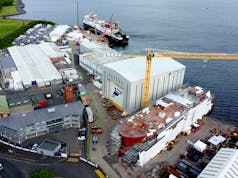



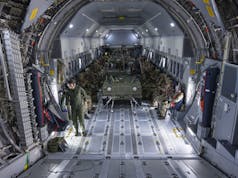
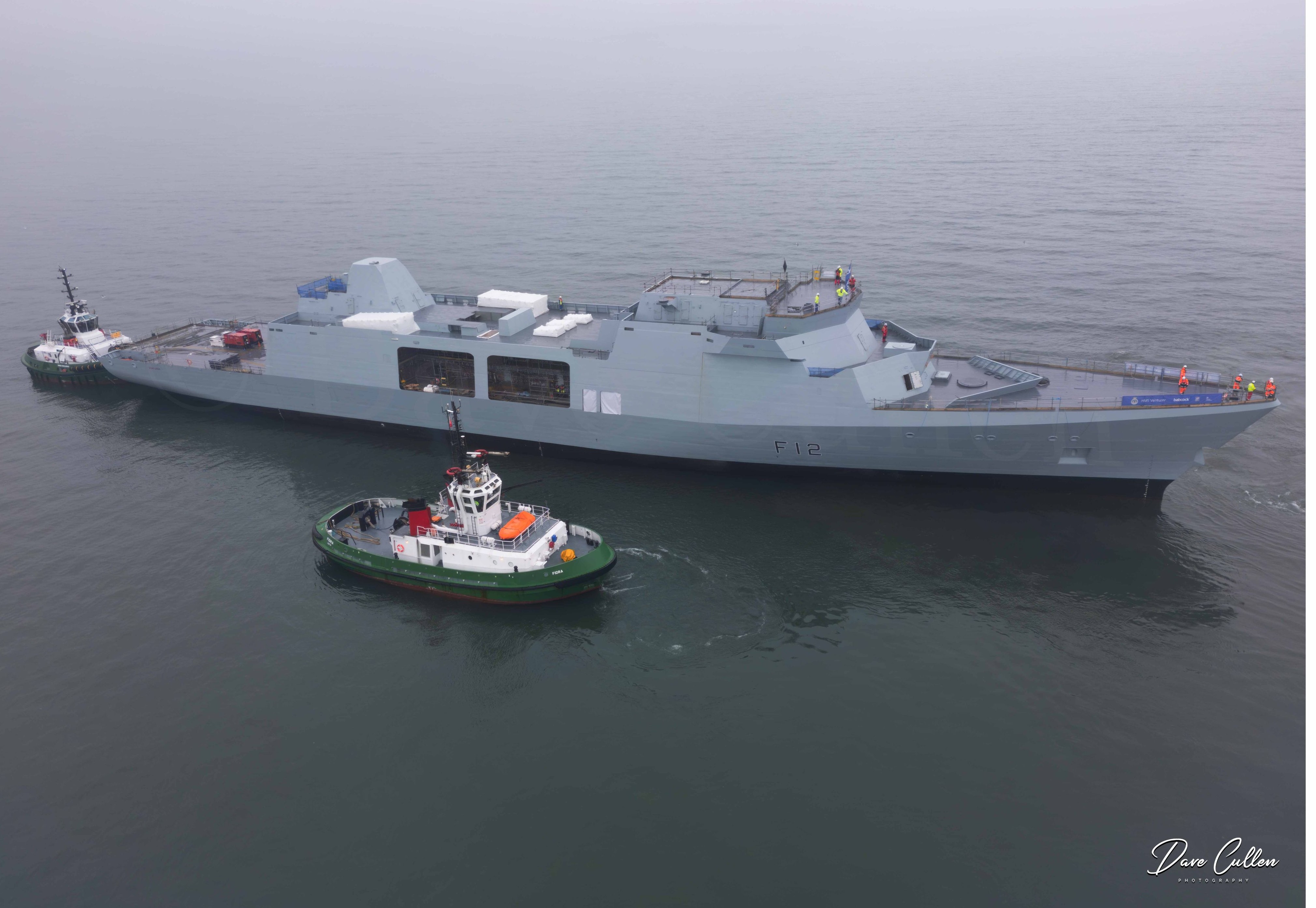
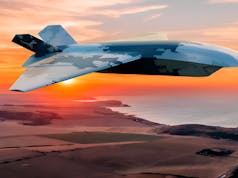

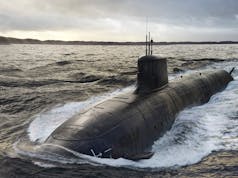
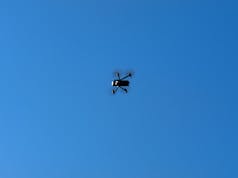

Why would it? We are only leaving an out of date jumped up trade pact….
If anything it allows the UK to engage in its own beneficial terms with many of the rapidly growing economies of the world, rather than the stagnant, inward-looking and failing European economies. If done right, Brexit can vastly increase Britain’s influence in the world. The question is; will it be done right?
Why would it? We are the superpower of Europe. No one comes close
France far surpass our military at this time. Hopefully this will change soon though
Harry, only until our new carriers and F-35’s become operational.
Not quite Harry, both the UK and France exceed the other in different areas.
It is hard to see what areas the UK exceeds France at this point.
The UK has more heavy lift helicopters, but that is about it.
When the carriers come on line, it balances things a bit, but with them we will lose other capability such as Ocean.
Which areas do we exceed them currently?
Many more reconnaissance aircraft/drones
Much More airlift
More Air Defence Destroyers
3 Astutes+4 Trafalgars >>>> 6 Rubis
etc
Airlift kind of depends what happens with the Hercules.
We will have
22 A400’s
8 C17’s
24 C130’s
Compared to France
50 A400’s
27 CN235
I’d put it at close to a score draw but if anything I’d have to put France slightly ahead. Even if absolutely equal though it’s a bit depressing that, according to International Institute of Strategic Studies, we are spending (based on 2015 figures) about $56.2 billion a year vs France’s $46.8 billion a year to get about the same or very slightly lower level of capability. If the UK had been getting the same bang for the buck as France over the last 10 or 15 years there would be no comparison between the two capabilities. Also, I get the impression that France has retained slightly more home-grown stuff than the UK (Rafale, MBDA seems more French than UK even though 37.5%/37.5% on paper, etc).
All in all I agree with Harry Robson. We should recognise our own weaknesses. We could learn a thing or two from France (and they could probably learn some things from us too).
It’s hard to tell, since you can’t compare directly.
For starters we have been involved in 2 significant military deployments for the last decade, which would have had significant costs involved.
When there is the arguement of top end vs middle end gear. Going for world class destroyers for example compared to more modest ones is significantly more expensive.
There is also the costs involved around the carriers/f35’s, yes they aren’t in service but a lot of their cost has already been spent.
But France exceeds the UK in air, naval and nuclear deterent at this time which are arguably the most important aspects of a modern defence. It’s important we recognise our own weaknesses.
And the aircraft carriers and F35 are still years away from active service meaning we have a major strategic gap in our defence forces. But yes this will tip the balance back in our favour when eventually these go into service
I like boats.
UK combined forces
Active personnel 153,470
Reserve personnel 81,850[
Navy::- Size 32,880 Regular
3,040 Maritime Reserve
7,960 Royal Fleet Reserve
77 commissioned ships, consisting of
Fleet
11 submarines
1 amphibious assault ship
2 amphibious transport docks
6 destroyers
13 frigates
4 offshore patrol vessels
15 mine countermeasures vessels
18 fast patrol boats
4 survey ships
1 icebreaker
1 static ship
France combined forces
Active personnel 208,916 active
98,155 gendarmerie
Navy size
Size 36,776 personnel
130 ships
Fleet
The French Navy consists of the 86 vessel strong Force d’action navale (Naval action force) and the 10 submarines of the Forces sous-marines (Submarine force). Primary assets include
1 aircraft carrier,
3 amphibious assault ships,
4 air-defence destroyers,
8 anti-submarine destroyers,
5 general purpose frigates
6 light surveillance frigates.
6 fleet submarines
4 ballistic missile submarines.
3 light replenishment oilers,
18 mine countermeasure vessels
6 support ships.
21 patrol ships,
5 survey vessels,
4 experimentation ships,
8 ocean tugboats
14 training vessels.
You need to include the RFA in the comparison as the French Navy does not have a separate service.
More importantly the French Navy equivalent of the SDSR has their future Navy at
1 Aircraft Carrier vs UK’s 2
4 Air Defence Frigates (2 will be smaller FREDA with 32 cell VLS only) vs UK’s 6 T45
6 FREMM ASW frigates vs UK’s 8 T26
5 GP frigates vs UK’s 5 T31
6 Barracuda (Suffren class) submarines vs UK’s 7 Astute
No F35 generation aircraft planned
In theory following Afgan/Iraq, our ground forces should be better equipped than France, if you pull out the heavy gear such as tanks and artillery.
All this chatter, I need a game of command and conquer hahahahaha!
Stats mean nothing it comes down to military leadership… at the end of the day were allies and both are nuclear armed… end of discussion.
It’s obviously too early to tell, since Brexit hasn’t happened yet and its precise contours are still up in the air. The general assumption is there will be a hit to the British economy, at least in the short term (and to the European ones for that matter), which means in an era of straitened budgets something will have to give, and it’s not likely to be the NHS.
Another big unknown is the prospect of Scottish independence, and what that means for Faslane and Trident.
As for comparisons with France, while entertaining, despite their tangled history the countries have been allies for over a century, and UK-France military cooperation is bilateral and in no way impacted by the UK’s exit from the EU. The reality is both countries need to pool R&D efforts to maintain economies of scale for sustainable militaries, which makes the divergence on carriers all the more regrettable. The world-leading sonar array in the Astute-class attack submarines is designed by a French firm, Thales (the recent embarrassment with HMS Ambush notwithstanding). UK nuclear warhead designs will be simulated in a joint facility in France, and so on. Much more can and should be done in the interests of both countries as the fight against terrorism can be expected to continue draining funds available for conventional military expenditures.
I agree with Fazal…the carriers (if we have to have them) would be much more useful if they could operate French aircraft in the conventional manner….we could have even bought some from them. Still, they will look good showing the flag and will be useful disaster relief ships. What is really needed is more SSN’s – the true capital ships of the modern navy,
Recent peacekeeping operations in Cyprus! When?